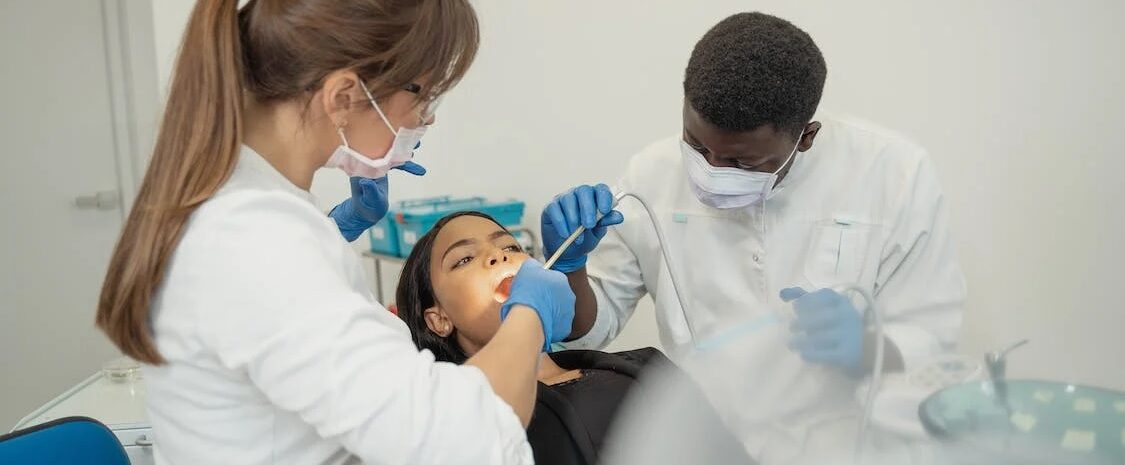
Top 6 Tips for Handling Dental Disasters Before You Get Help in Lilydale
- By : Albert Hunt
- Category : General

Dental emergencies can strike when you least expect them, turning an ordinary day into a whirlwind of pain and urgency. Whether it’s a sudden toothache, a broken tooth, or a lost filling, the initial steps you take can significantly impact the outcome of such dental disasters.
While professional dental care in Lilydale is indispensable, knowing how to manage these situations before reaching a dentist can be a lifesaver. This comprehensive guide aims to arm you with practical advice to navigate the treacherous waters of dental emergencies, ensuring you’re prepared to tackle them head-on with confidence and poise.
Understanding Dental Emergencies
Dental emergencies encompass a wide range of issues, from infections to injuries affecting your teeth and gums. The severity can vary greatly, but the discomfort and potential risk to your oral health are common threads. Recognizing the signs early and knowing how to respond can make a substantial difference in the outcome.
Immediate Steps to Take
- Pain Management: Over-the-counter pain relievers can provide temporary relief, but it’s crucial to avoid placing aspirin directly on the gums or aching tooth, as this can burn the gum tissue.
- Handling Tooth Loss: If a tooth is knocked out, hold it by the crown (not the root) and gently rinse with water. Try to reinsert it into the socket. If that’s not possible, keep it moist in milk or saliva until you can get professional help.
- Dealing with Cracks or Breaks: Rinse your mouth with warm water immediately to clean the area. Apply a cold compress to your face to minimise swelling.
- Lost Fillings or Crowns: As a temporary measure, stick a piece of sugar-free gum into the cavity or use dental cement available at pharmacies.
Preventive Measures
Maintaining regular dental check-ups can prevent many emergencies. However, accidents happen. Wearing a mouthguard during sports and avoiding hard foods that can crack teeth are simple yet effective strategies.
When to Seek Immediate Help
Some situations require immediate professional attention. If you experience severe pain, swelling, or signs of infection such as fever and foul taste, it’s crucial to seek an emergency dentist in Lilydale promptly. These symptoms can indicate more serious underlying issues that need urgent care.
Long-Term Solutions and Recovery
After addressing the immediate crisis, discussing long-term treatment options with your dentist is essential. Whether it’s restorative work or preventive measures, a comprehensive plan will help safeguard your dental health against future emergencies.
Navigating Recovery and Prevention
In conclusion, navigating through dental emergencies requires a blend of immediate action, awareness, and the right preventive strategies. The aftermath of a dental emergency presents an opportunity to reassess your oral health practices and make necessary adjustments.
Engaging in regular dental check-ups, adopting a robust oral hygiene routine, and understanding the importance of immediate dental care are pivotal steps towards preventing future dental emergencies. Moreover, educating yourself about the basics of dental health can empower you to make informed decisions about your care.
For those looking to deepen their understanding of effective oral health practices, tips on oral hygiene can be incredibly beneficial.
Remember, while the immediate response to dental emergencies is crucial, long-term care and prevention are the cornerstones of maintaining optimal oral health. By taking proactive steps today, you can ensure a healthier, brighter smile tomorrow.
No Comments